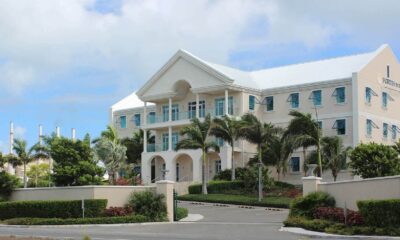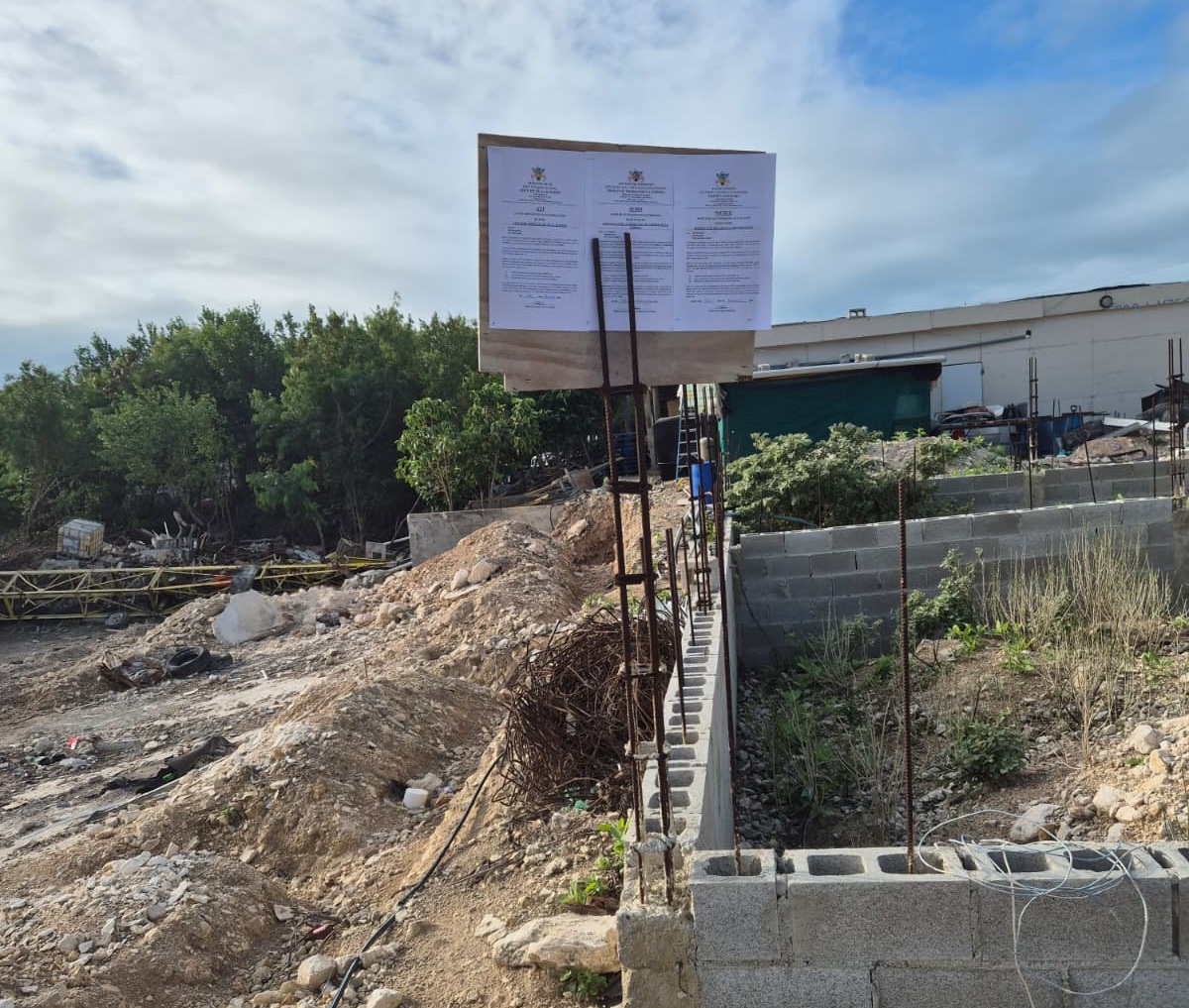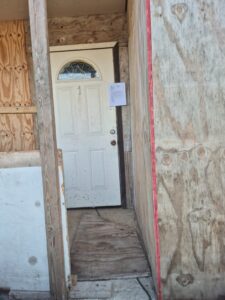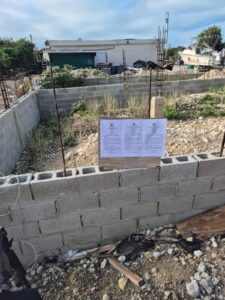Dana Malcolm
Staff Writer
#TurksandCaicos, March 20, 2024 – The boom in tourism in the Turks and Caicos Islands, while excellent for the economy, is exposing the need for urgent infrastructural upgrades in order to cope more competently and more equitably with the increased demand; already two of the country’s key utilities are showing signs of strain.
Over the weekend multiple residents called the news team complaining that they were without an essential resource, water, and now nightly restrictions are being introduced. 
On March 18, Provo Water Company revealed nightly lock-offs would begin, without which they say there simply wouldn’t be enough water to go around.
“In light of the exceptionally high demand experienced from now until the end of April 2024, we have reluctantly implemented nightly water restrictions from 9:30 PM to 6:00 AM to replenish the Suzie Turn tank, which caters to two-thirds of the Island’s water needs. This measure is crucial to ensure sufficient water availability for the following day’s requirements,” the company said in an emailed letter to consumers.
Holding a 65-year government contract, Provo Water is the older and more extensive provider of the two local water services currently in operation in the Turks and Caicos, the other being Leeward Water Services. It’s now telling customers they should consider backup water drums to make up the 9-hour gap where water will be turned off. In tandem with the lock-offs are necessary maintenance runs.
Residents say they had already been experiencing disruptions prior to the announcement; the news team was flooded with comments including:
“Water pressure terrible over here in Belglade,” another resident said, “The water problem has been worse lately. Even the hotels are having issues now.”
Residents reported low water pressure to total water loss in their homes all across Providenciales, issues the company has warned could occur.
Tourists are similarly affected and with air arrivals up six percent in January and 13 percent in February according to statistics released this week by Experience Turks and Caicos; long stay visitors numbered over 126,000 guests for the first two months of this year. This figure would add to the resident population.
Melissa Monko, a guest, posted in the Facebook Group ‘Turks and Caicos Tourist Guide,’ that her Turtle Cove getaway was out of water, sharing the notice from Provo Water Company.
“It was off in the mornings and afternoons for several days. Seems they have a plan in place now,” she said.
The utility company says it recognizes the inconvenience caused and is now engaged in expansions across Providenciales to alleviate the problem. Cited as fixes from are, new transmission mains to be completed by May, valve replacements, to be completed by September, and a new desalination plant.
The Energy and Utilities Commission has been in consistent dialogue with the water company and after carrying out their own assessment, have found the lock-offs necessary. It now says the EUD is supportive of the plans to increase capacity, but are warning that they will be carrying out strict oversight to make sure the measures are not only effective but do not come at the undue cost of residents.
“The EUD has maintained open lines of communication with PWC, thoroughly discussing the immediate challenges, the anticipated increase in demand, and the company’s strategic mitigation plan,” said Delano Arthur, Energy & Utilities Commissioner who added, “It is our priority to ensure that these necessary infrastructure upgrades and expansions are executed in a manner that balances reliability, sustainability, and affordability for all residents and businesses in Providenciales.”
Also looking to expand its services is the Turks and Caicos’ sole power company, but in that effort, there is a proposed increase in the electricity rate. An application for the increase has already been lodged by FortisTCI.
”Over the past few years, the Turks and Caicos economy has experienced robust economic growth. This has led to increased demand for electricity. The rising demand requires expansion to the electricity system to ensure continued reliable service to our customers. This, together with high inflation and rising interest costs, are the primary reasons for the electricity rates review,” FortisTCI shared with the public.
That rate increase is currently under review by the government, and in an effort to better regulate all utilities, TCIG is in the process of introducing a draft policy for Public Utility Regulatory Reform, which it hopes will guide the provision of higher-quality services.
It’s another significant indicator that the sheer number of people travelling in and out of the British overseas territory and new people coming in to add to the labour force is overwhelming to the current infrastructure.
Regarding travel, the Providenciales International Airport is another, possibly the most glaring, example of just how interest and intrigue are growing more quickly than infrastructural development.
On March 16, two days before the water restriction announcement and three days after the electricity rate increase application was disclosed, over 10,000 guests were scheduled to pass through the airport. However, the Providenciales International was unable to manage the record-setting passenger demand. With flights unable to land, it forced delays and cancellations and resulted in 528 guests having to overnight in the destination which had little to no rooms available.
disclosed, over 10,000 guests were scheduled to pass through the airport. However, the Providenciales International was unable to manage the record-setting passenger demand. With flights unable to land, it forced delays and cancellations and resulted in 528 guests having to overnight in the destination which had little to no rooms available.
No industry is being spared the crush, banking is also affected. During an attempt at digitization, several banks shut their doors replacing teller services with full-service Automated Banking Machines. Unfortunately, residents and tourists report that the ABMs are usually low on cash and often out of service making it difficult to access their money.
The government has also recognized that the current roads are unsustainable, single routes lead to some of the most important infrastructure like airports, causing chaos whenever there are disruptions. A new consultation is being undertaken to find out how best to rework the country’s road network to manage the explosion of motor vehicles and the traffic congestion it is creating.
Now that the bi-partisan Vision 2040 document is launched by the Turks and Caicos Islands Government, it may more clearly chart the way forward in identifying trends, predicting demands and instituting commonsense plans which result in an island nation ready to embrace the growth it is gunning for.
Until there is deeper consideration, there will remain an unfair burden on the consumer who – often without compensation – is left to withstand or wilt under the weight of any failure to forecast, that includes all of the fumbles and fouls that go along with it.
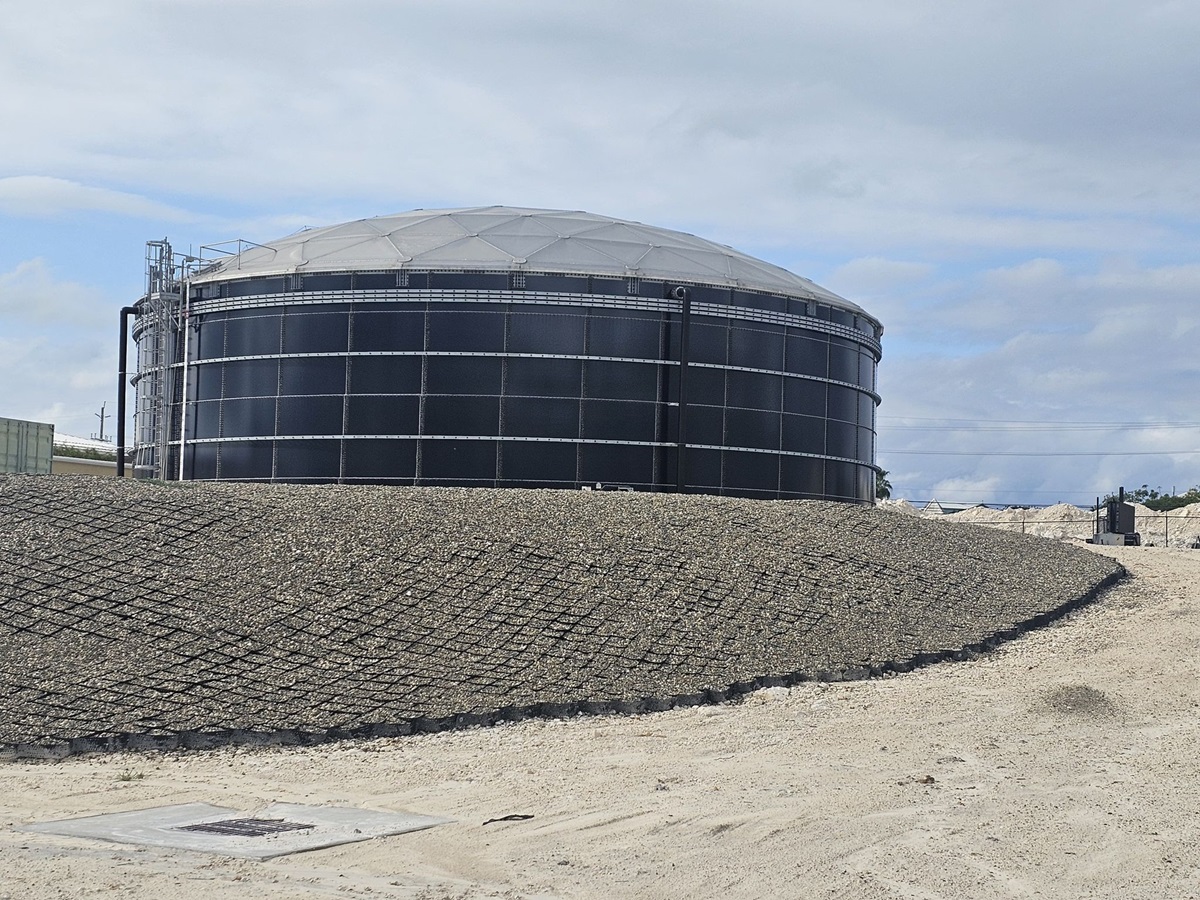

 Bahamas News1 week ago
Bahamas News1 week ago
 Bahamas News1 week ago
Bahamas News1 week ago
 Health1 week ago
Health1 week ago
 Caribbean News7 hours ago
Caribbean News7 hours ago
 News4 days ago
News4 days ago








